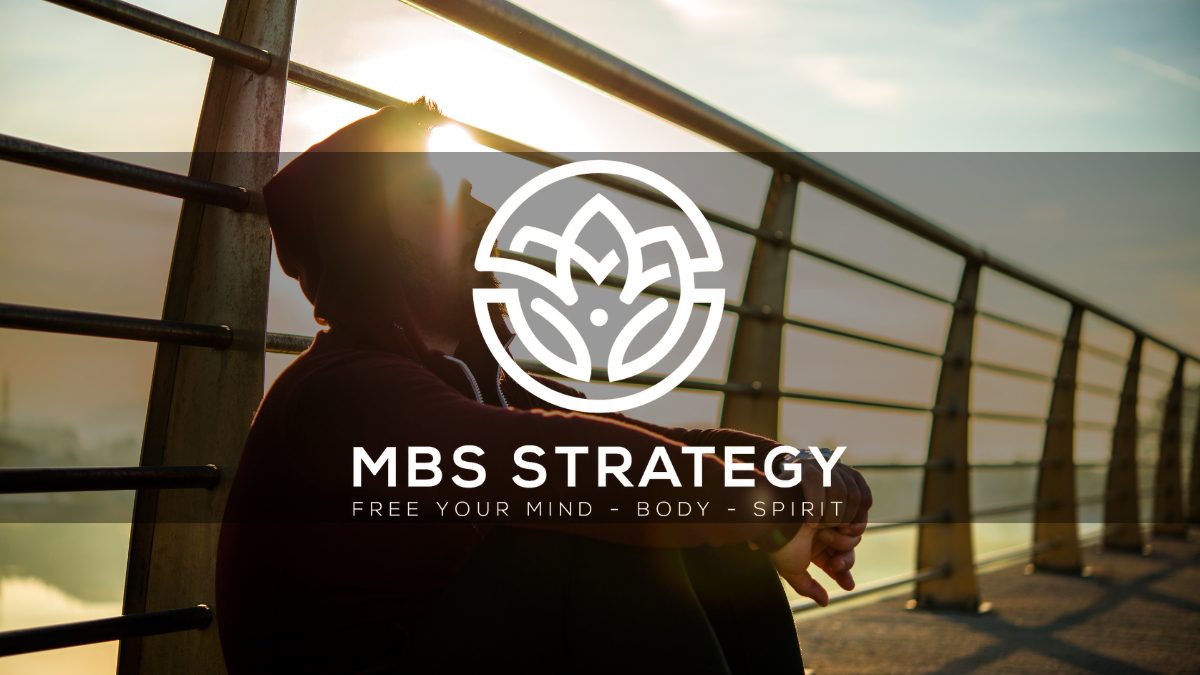Recovery is a journey of healing and transformation, and while there are many tools and strategies available to support this process, one often underutilized ally is exercise. Beyond its well-known benefits for physical health, exercise plays a crucial role in the recovery process, particularly for those overcoming addiction. It offers a range of benefits that extend into mental, emotional, and social well-being. In this blog post, we’ll explore how exercise can be a game-changer for those in recovery, focusing on its ability to boost feel-good hormones, replace unhealthy habits, and enhance overall quality of life.
1. Boosting Feel-Good Hormones
One of the most compelling reasons to incorporate exercise into your recovery plan is its profound impact on mood and emotional well-being. When you engage in physical activity, your body releases endorphins—natural chemicals that act as painkillers and mood elevators. Often referred to as the “feel-good hormones,” endorphins contribute to what’s commonly known as the “runner’s high.” This euphoric sensation can be incredibly uplifting and help combat the symptoms of depression and anxiety, which are common among those in recovery.
Exercise also stimulates the production of other neurotransmitters, such as serotonin and dopamine, which are critical for regulating mood and emotional balance. For individuals recovering from addiction, the brain’s reward system has often been disrupted. Engaging in regular physical activity helps to recalibrate this system, providing a healthier and more sustainable source of pleasure and reward.
2. Replacing Unhealthy Habits
Addiction often involves replacing one set of habits with another. The goal in recovery is to replace detrimental behaviors with positive, life-affirming ones. Exercise provides an excellent alternative to addictive behaviors, offering a constructive way to manage stress, boredom, and emotional pain.
When you develop a routine of regular physical activity, you create a new structure and purpose in your life. This not only fills the time once occupied by substance use but also fosters a sense of accomplishment and self-discipline. The routine and discipline required to maintain an exercise regimen can mirror the structure and accountability needed in recovery, reinforcing positive behavioral patterns.
Moreover, exercise can serve as a healthy coping mechanism. Instead of turning to substances to manage stress or negative emotions, engaging in physical activity can provide a productive outlet. Whether it’s through the endorphin rush after a run, the mindfulness achieved in yoga, or the camaraderie found in team sports, exercise can offer diverse forms of support and distraction from cravings and triggers.
3. Improving Physical Health
The benefits of exercise extend to physical health as well, which is especially important for individuals in recovery. Substance abuse can take a toll on the body, affecting everything from cardiovascular health to muscle tone and bone density. Regular exercise helps to mitigate these effects by improving cardiovascular fitness, enhancing muscle strength, and supporting bone health.
Additionally, exercise can help to restore a healthier body weight and improve sleep patterns. Quality sleep is crucial for recovery, as it allows the body to repair and regenerate. By incorporating exercise into your routine, you can enhance your sleep quality, thereby promoting overall well-being and making the recovery process smoother.
4. Enhancing Cognitive Function
Exercise has been shown to improve cognitive function and mental clarity, which can be particularly beneficial for those in recovery. The process of overcoming addiction can sometimes be accompanied by cognitive challenges, such as difficulty concentrating or memory issues. Regular physical activity can help to enhance cognitive function by increasing blood flow to the brain, which supports mental clarity, focus, and memory.
Moreover, the discipline and routine of exercise can foster improved executive function skills, such as planning, organization, and goal-setting. These skills are vital for navigating the complexities of recovery and rebuilding a balanced and fulfilling life.
5. Building Social Connections
Social support is a cornerstone of successful recovery, and exercise can be a powerful tool for fostering new relationships. Participating in group fitness classes, joining a sports team, or even just taking part in community runs or events can help you connect with others who share similar interests and goals.
These social interactions can provide a sense of belonging and reduce feelings of isolation, which are common in recovery. Building a network of supportive friends and peers can also provide additional motivation and accountability, enhancing your overall recovery journey.
6. Creating a Positive Routine
Establishing a positive routine is crucial for maintaining long-term recovery, and exercise can play a key role in this process. By integrating physical activity into your daily schedule, you create a structured and positive habit that supports your overall well-being.
Routine exercise not only promotes physical health but also contributes to a sense of stability and purpose. The consistency required for regular physical activity can help you develop discipline and resilience, both of which are essential qualities for successful recovery.
Conclusion
Exercise is more than just a way to stay fit—it is a powerful tool for transformation and healing, particularly for those in recovery. By boosting feel-good hormones, replacing unhealthy habits, enhancing physical and cognitive health, and fostering social connections, exercise can significantly support the journey to sobriety and well-being.
If you’re in recovery, consider incorporating exercise into your daily routine. Whether you start with a brisk walk, a yoga class, or a more intense workout, find an activity that you enjoy and can sustain. The benefits are far-reaching and can profoundly impact your overall quality of life, helping you to build a healthier, more fulfilling future.
